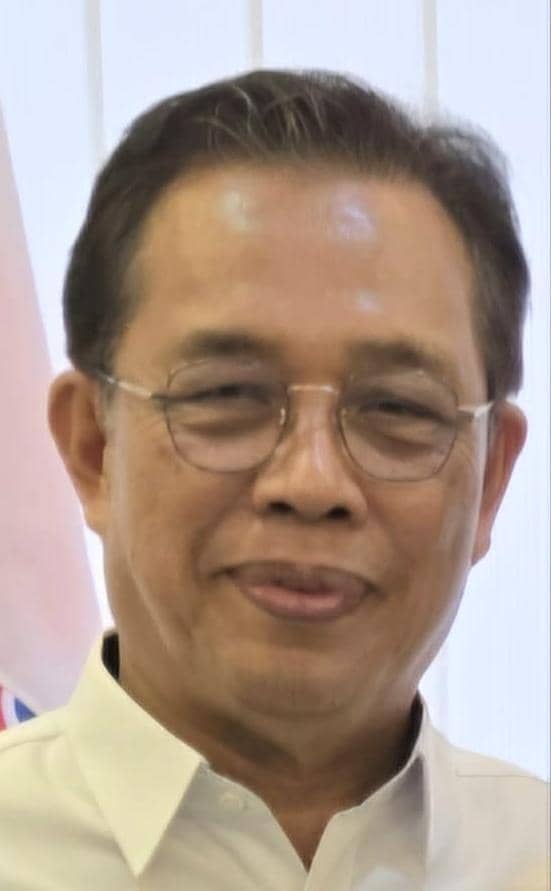By Datuk Aliasgar Haji Basri
Organizing Secretary
Parti Warisan Pusat /
Ketua Parti Warisan
Bahagian Tuaran
KOTA KINABALU: The recent incident at Kota Kinabalu International Airport involving whistleblower Albert Tei has raised serious concerns over the rule of law, governance, and democratic accountability under the Gabungan Rakyat Sabah (GRS) government led by Chief Minister Hajiji Noor.
Albert Tei, who has been outspoken about alleged corruption linked to a mining scandal implicating Hajiji and his inner circle, was reportedly barred from entering Sabah on instructions purportedly originating from the Chief Minister’s Office. This action was taken despite Tei’s status as a Malaysian citizen and his upcoming court appearance scheduled in Sabah.
The Federal Constitution guarantees every Malaysian the right to personal liberty (Article 5) and freedom of movement (Article 9). The arbitrary restriction of Tei’s entry raises troubling questions about potential abuse of power and the politicization of state machinery, particularly Sabah’s immigration authorities.
The timing of this restriction—just before Tei’s court appearance on corruption allegations—has fueled public perceptions of political intimidation, suggesting an attempt to silence critical voices and obstruct judicial processes. If substantiated, this would reflect a profound conflict of interest, as the Chief Minister stands both as an accused party and a potential actor in suppressing accountability.
“Sabahans deserve clarity and transparency. Hajiji Noor owes the public a direct explanation as to whether his office authorized this restriction, and if not, why state agencies acted in such a manner,” “Such incidents erode public trust and undermine democratic principles.”
Rather than escalating confrontation, this moment calls for impartial investigations and strict adherence to the rule of law. Protecting whistleblowers and safeguarding their rights are essential to combating corruption and strengthening governance in Sabah.
In conclusion, the priority must return to upholding constitutional rights, ensuring judicial independence, and reinforcing democratic accountability. Sabah’s citizens deserve justice free from fear or favoritism, and leaders at every level must place public service above political interests for the long-term benefit of the state.


